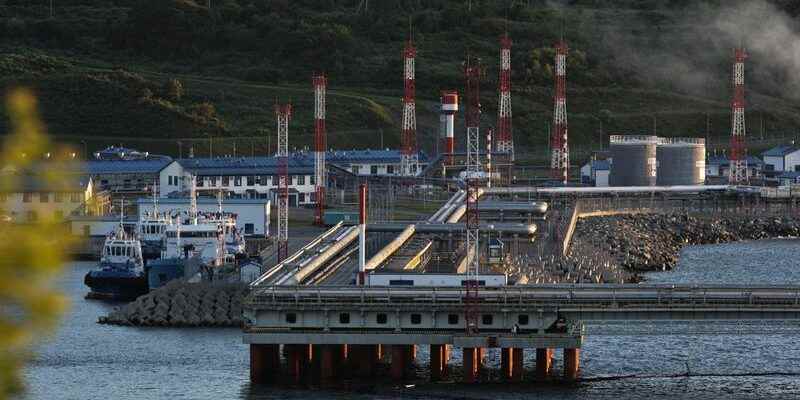India, which rarely used to buy Russian oil, has become Moscow’s second biggest customer after China since Moscow’s invasion of Ukraine in late February.
Indian refiners have snapped up almost every grade of Russian crude, taking advantage of discounts after some Western entities stopped buying.
However, rising prices are expected to cool Indian demand, channeling supplies to China.
“On a net basis after accounting for freight, ESPO’s landed cost is found to be $5-7 per barrel higher than similar grades from other countries, such as UAE’s Murban,” he said. said an Indian industry source familiar with the matter, adding that Russian oil had previously been cheaper.
Instead of ESPO, Indian companies are buying other grades like those from West Africa which give better yields, he added.
The price gap between the Brent and Duba benchmarks has also narrowed, opening the arbitrage window for qualities from the Atlantic basin to Asia.
AFRICAN VOLUMES ON THE RISE India’s monthly purchases of Russian oil fell after hitting a record high in June.
About 2 million tonnes (14.35 million barrels) of Russian crude have been loaded for India so far this month compared to 3.55 million tonnes in August, including 585,090 tonnes of ESPO crude, according to Refinitiv deals on Thursday.
By contrast, India has loaded 2.35 million tonnes of African oil so far this month, compared to 1.16 million tonnes in August, the data showed.
Overall, India is expected to lift less crude in September due to planned maintenance shutdowns at some refineries operated by companies such as Indian Oil Corp Reliance Industries, Bharat Petroleum and Nayara Energy. [REF/A]
Middle Eastern producers also slashed official selling prices for their supplies in October, hurting the appeal of Russian oil, said Refinitiv analyst Ehsan Ul Haq.
While supply from Russia to India takes about a month, crude from the Middle East arrives in a week, he added.
Kpler’s vessel tracking data showed that all but one of ESPO’s shipments by sea, for the September departure, are heading to China.
Russian ESPO exports in September slipped 720,000 barrels per day (bpd), from more than 800,000 bpd in July and August, the data showed.
“The Far East ESPO is a short sea voyage for China and freight rates have also increased. So China is taking more oil from the Far East and less from the Baltic ports or the Black Sea,” Haq said.
Russia’s local processing of crude has also increased, which has reduced supply for export, he added.
